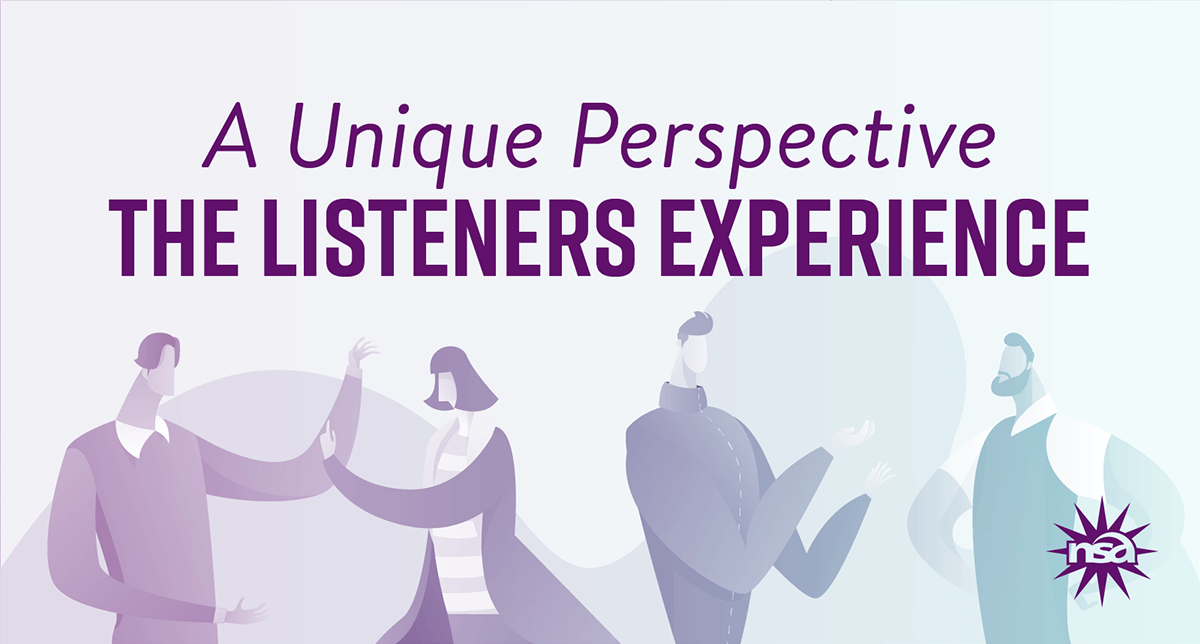
Encountering a stutter for the first time can be an unfamiliar experience for many people. It’s important to approach this moment with empathy and understanding, recognizing that this might also be the first time someone has felt vulnerable while speaking to you. Here’s what you can do to make the experience more comfortable for both of you:
Maintain Natural Eye Contact
Just as you would in any conversation, maintain eye contact without staring intensely or looking away abruptly. This shows that you are engaged and listening, not focused on the stutter itself.
Give Them Time
Patience is key. Allow the person to finish their thoughts without interrupting or trying to fill in the words for them. It’s okay if it takes a little longer for them to express themselves.
Relax Your Body Language
Keep your body language open and relaxed. Avoid showing any signs of impatience, such as crossing your arms, checking your watch, or tapping your foot. A calm demeanor can help the speaker feel more at ease.
Listen Actively
Focus on the message rather than how it is delivered. People who stutter are just like fluent speakers—they have valuable things to say. Listen to their words, not their stutter.
Acknowledge the Courage
Recognize the bravery it takes for someone who stutters to speak openly, especially in a new environment or with new people. Your encouragement and understanding can make a significant difference.
Show Empathy and Compassion
Understand that stuttering can be a vulnerable and sometimes frustrating experience. Approach the conversation with empathy and kindness. Remember that everyone, regardless of how they speak, deserves to be heard and understood.
Avoid Unnecessary Advice
Unless you’re asked, refrain from giving advice on how to speak or how to overcome stuttering. This can often feel dismissive and condescending. Instead, offer your support simply by being a good listener.
Being a first-time listener to someone who stutters is an opportunity to practice empathy, patience, and understanding. By following these simple guidelines—maintaining natural eye contact, giving the speaker time, relaxing your body language, listening actively, acknowledging their courage, showing empathy, and avoiding unnecessary advice—you create a more inclusive and supportive environment for meaningful communication.

Remember, the goal is not to change the way someone speaks but to respect and value their contribution. When we listen with compassion, we help build a world where everyone feels comfortable expressing themselves, regardless of how they speak.
